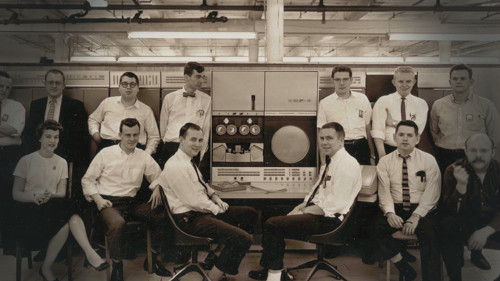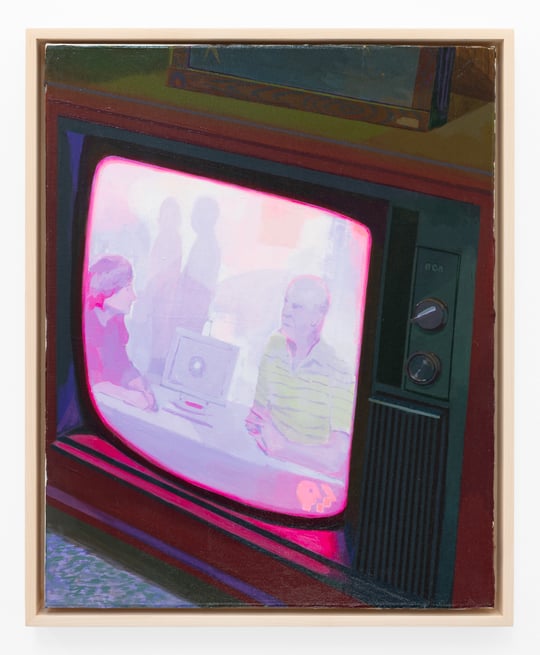
the world’s first gaming console.
Atlanta’s video game fans are expected to drop their controllers on Friday, July 18, as they venture out to the Plaza Theater to see the documentary Video Games: The Movie. The film, produced by Zach Braff, centers on the aesthetic and industrial evolution of in-home video game consoles, as well as the rapid transition of gaming culture from the fringe of society to the mainstream. But from the start, Video Games: The Movie unabashedly serves as a mouthpiece for the industry it examines. The film begins with a five-minute homage to video game heritage; a montage of gameplay from Atari through the Playstion 4, set to Queen’s Don’t Stop Me Now.It’s easy to appreciate director Jeremy Snead’s genuine love of gaming, but the documentary fails to fully investigate the exploitative nature of talent development in the industry—as seen in the corporate outcry against programmer unionization. Additionally, the documentary’s narrative overlooks the problematic relationship between game publishers and reviews in gaming periodicals. For example, IGN and Gamespot release comprehensive reviews of games while also relying heavily on advertising revenue from the same game developers (a quandary for most niche publications).

Despite its lack of investigative depth, Video Games serves as an important entry into the growing historiography of the industry over the last four decades. The film’s chronology of early console development helps the casual observer to better understand the drastic shift in digital technology as a result of increased bit processing and memory storage. The film provides visual evidence in a side-by-side image fidelity comparison between an 8-bit (Nintendo NES) microprocessor and a 128-bit (Sony Playstation 2) microprocessor. Commentary from high-profile game developers stresses the point that video games operate as a synthesis between cinema, novels, and music. As Metal Gear Solid creator Hideo Kojima puts it: “video games contain the participatory aspects of a literary narrative but the visual sensations of film,” an observation that positions the evolution of video games as a phenomenon similar to the transformation of the film industry in the early 20th century—as the technology continues to progress, the modes of storytelling become more nuanced and intricate. Sean Astin, who narrates the film, says it best at the end: “Games will always be created as they they have been—by drawing on history and culture, imagination and technology to deliver experiences that delight and challenge generations to come.” Video Games: The Movie opens July 18 at the Plaza Theater in Atlanta, Edge 12 Theater in Birmingham, Geeksboro Coffeehouse Cinema in Greensboro, NC, and Zeitgeist Multi-Disciplanary Arts Center in New Orleans. It appears at the Strand Theatre in Vicksburg, MS, on July 19 and at Alamo Drafthouse in Winchester, VA, on July 24. For more information and show times, visit the movie’s website. Ryan Scallan is a film and media studies graduate student at Emory University, and is currently serving as BURNAWAY’s editorial intern.






